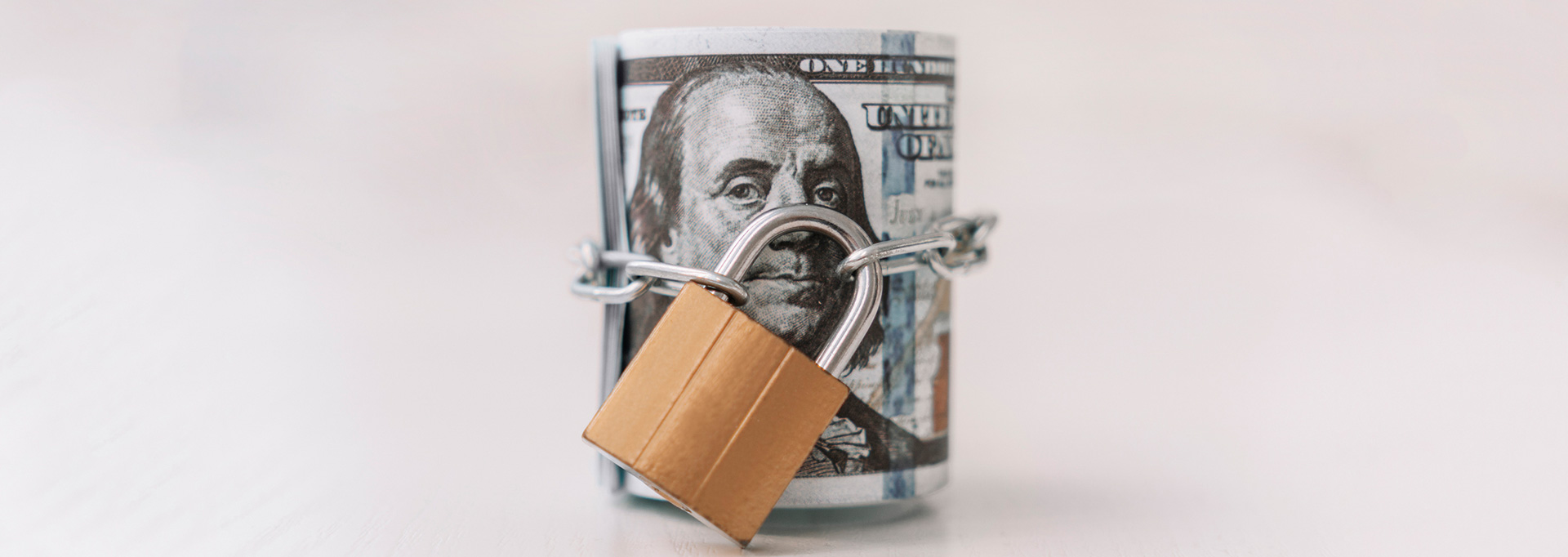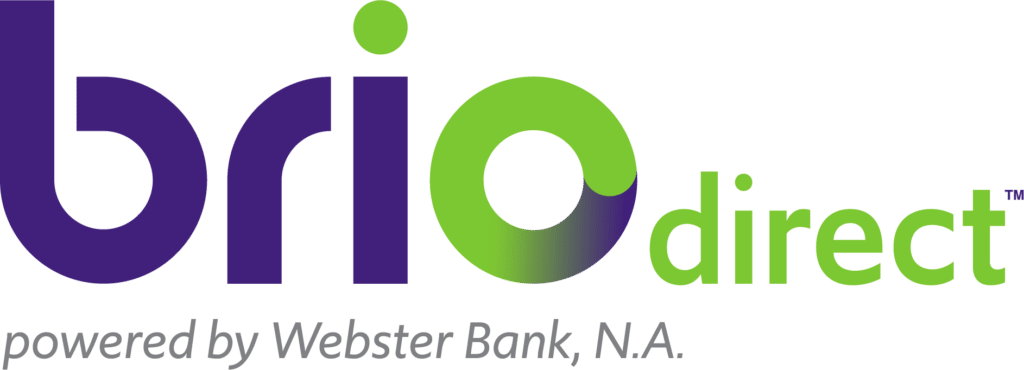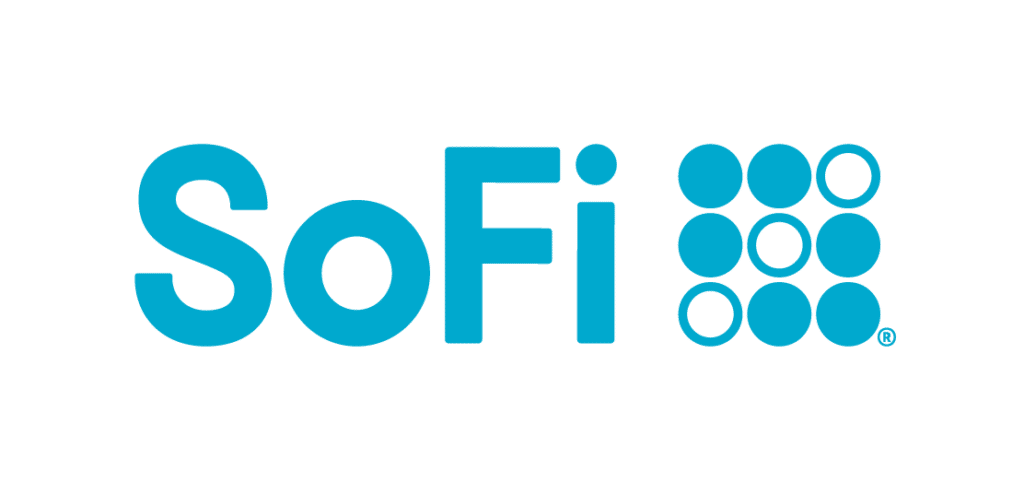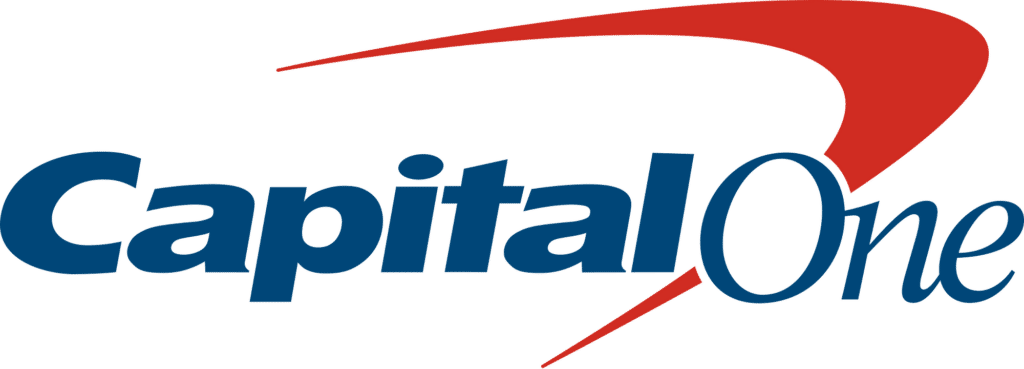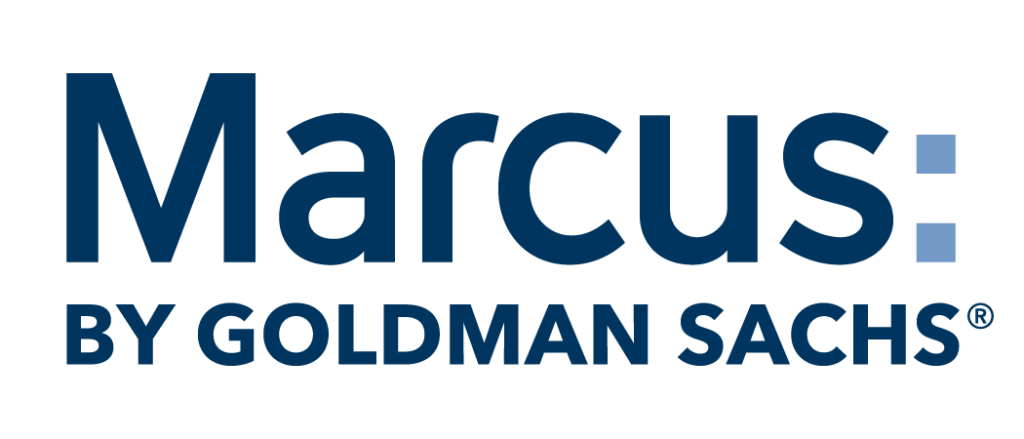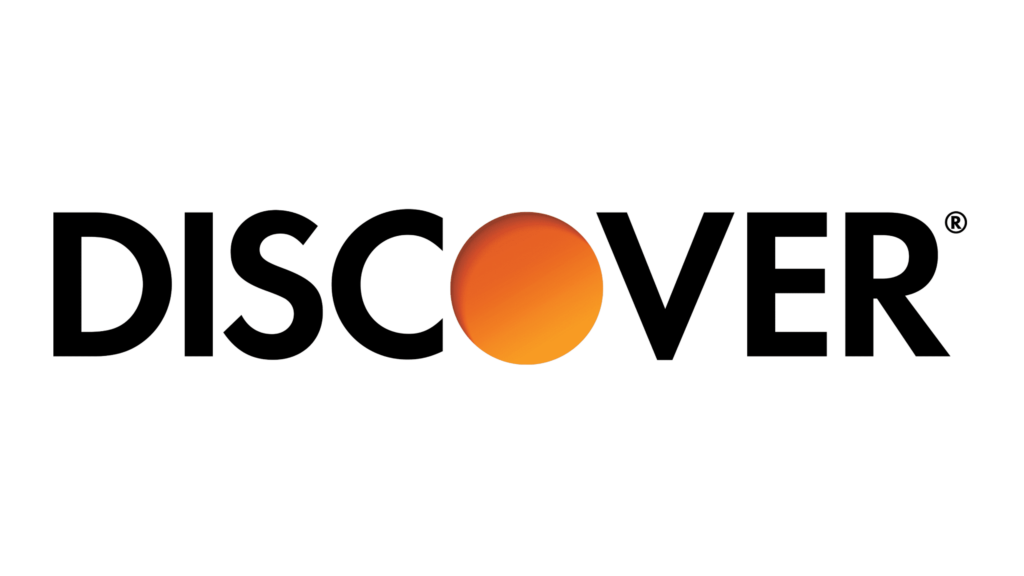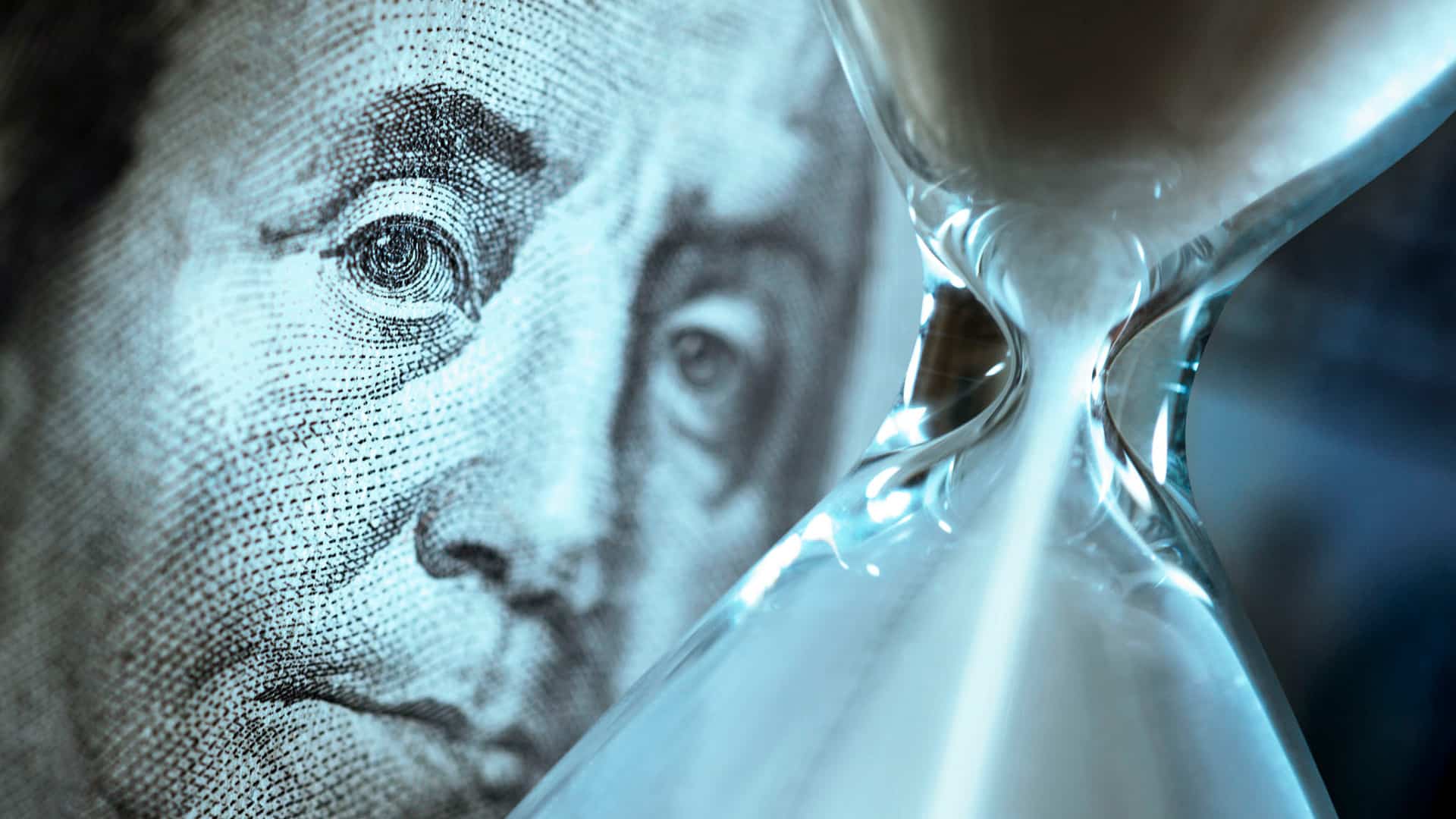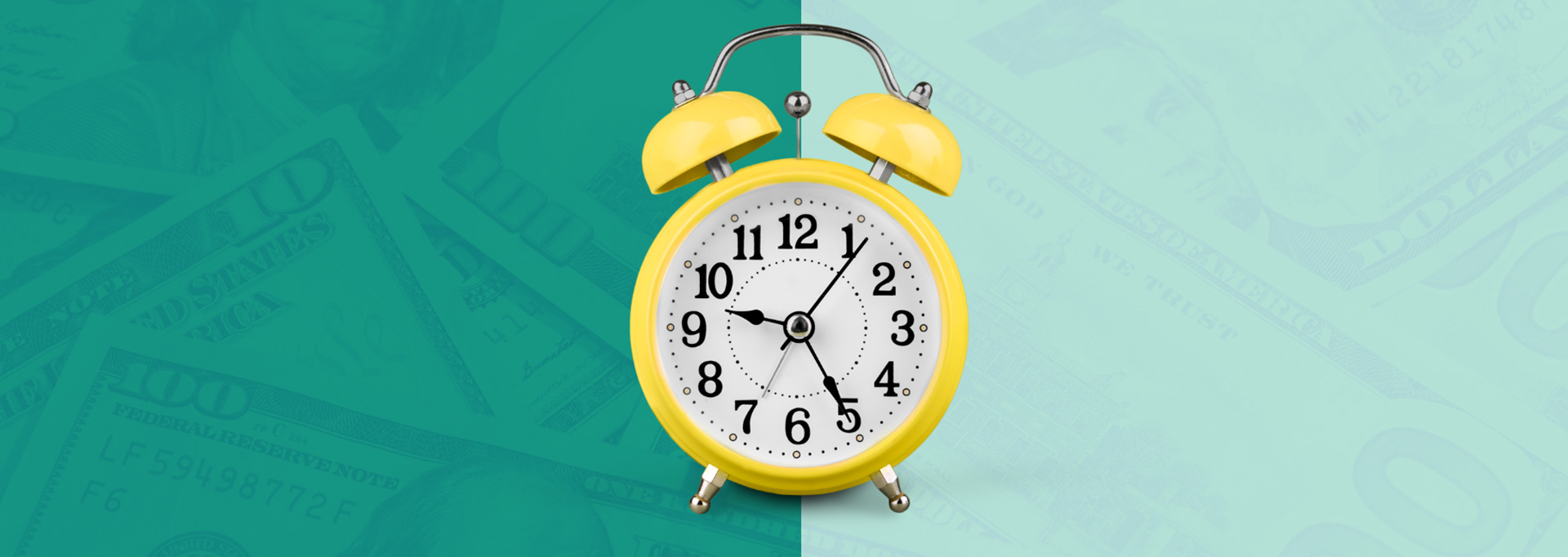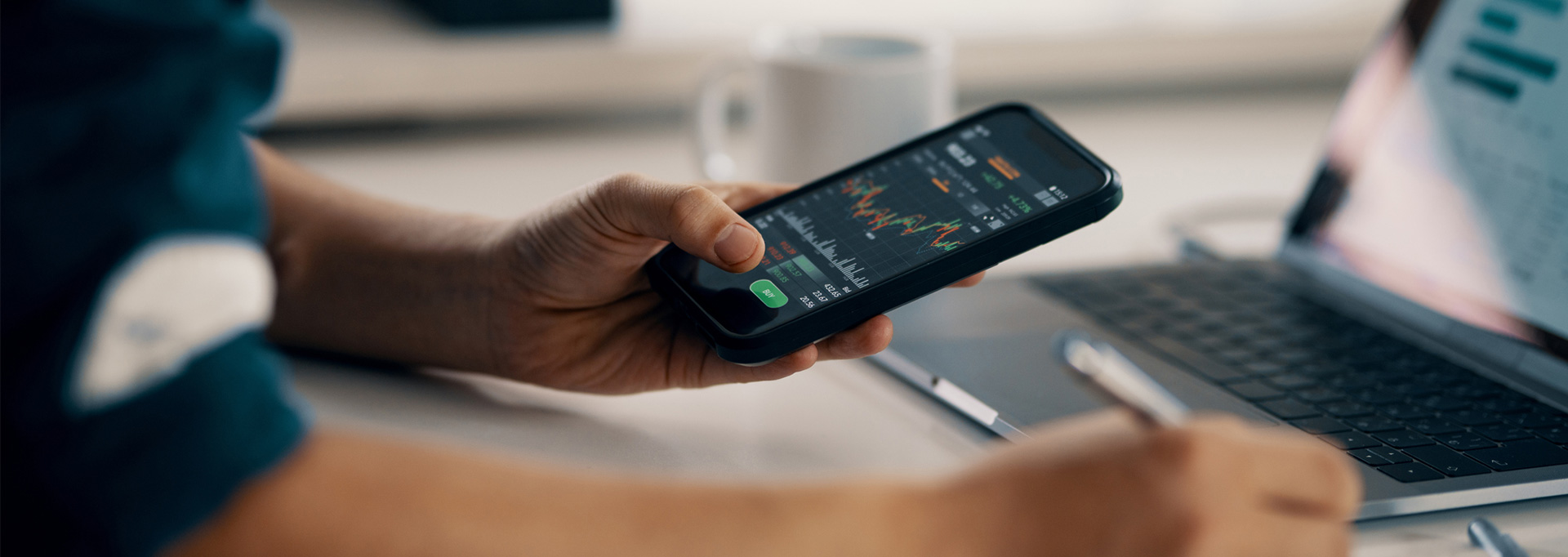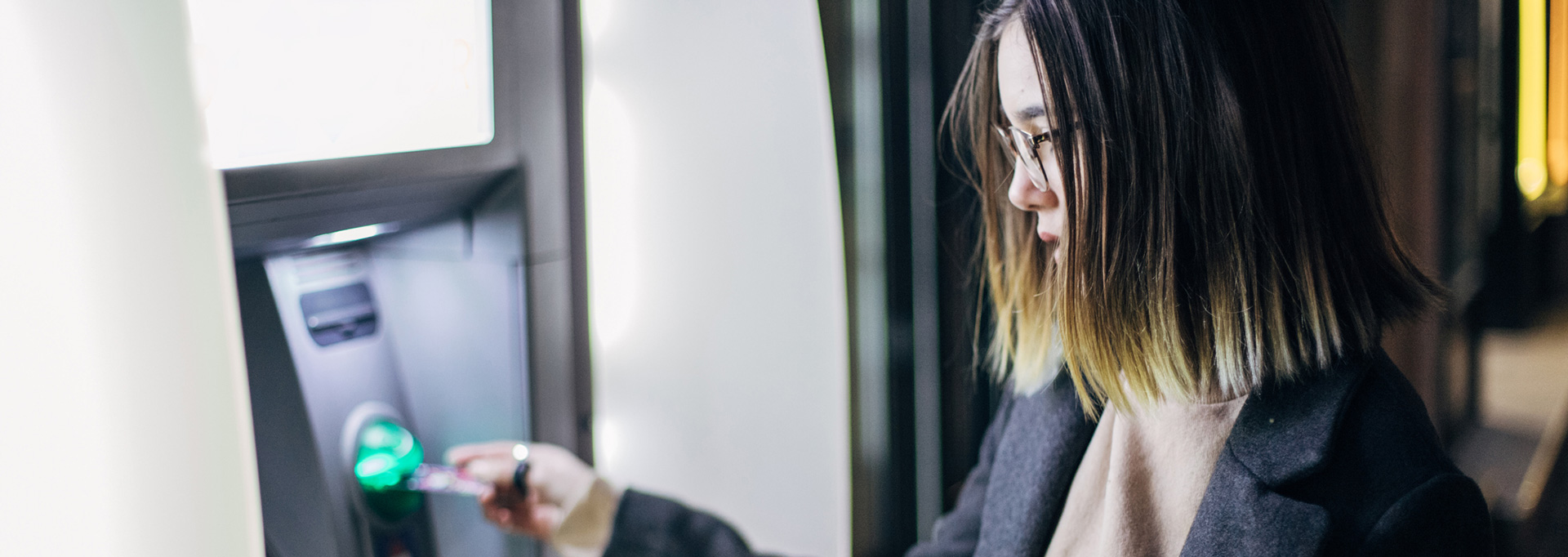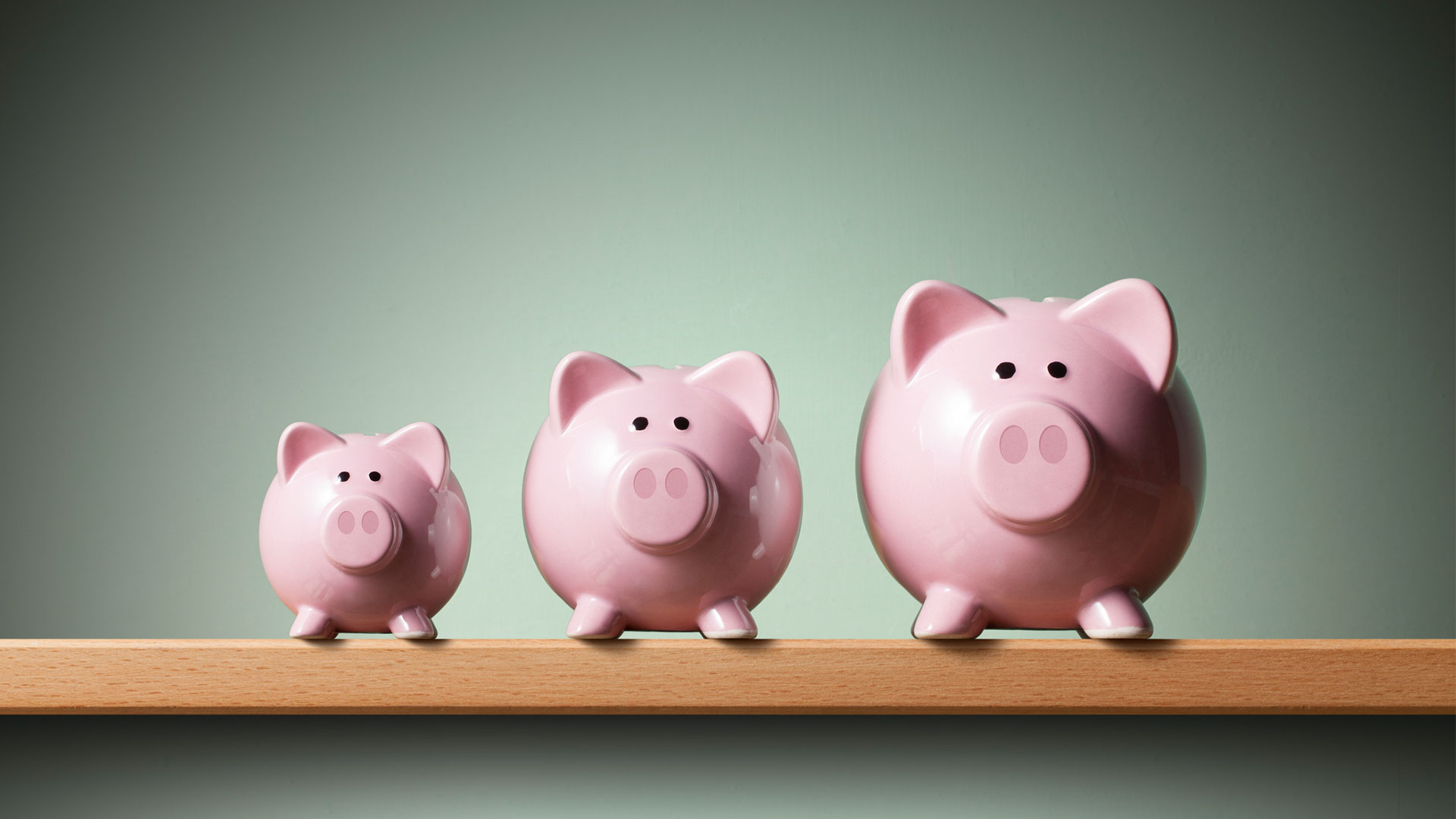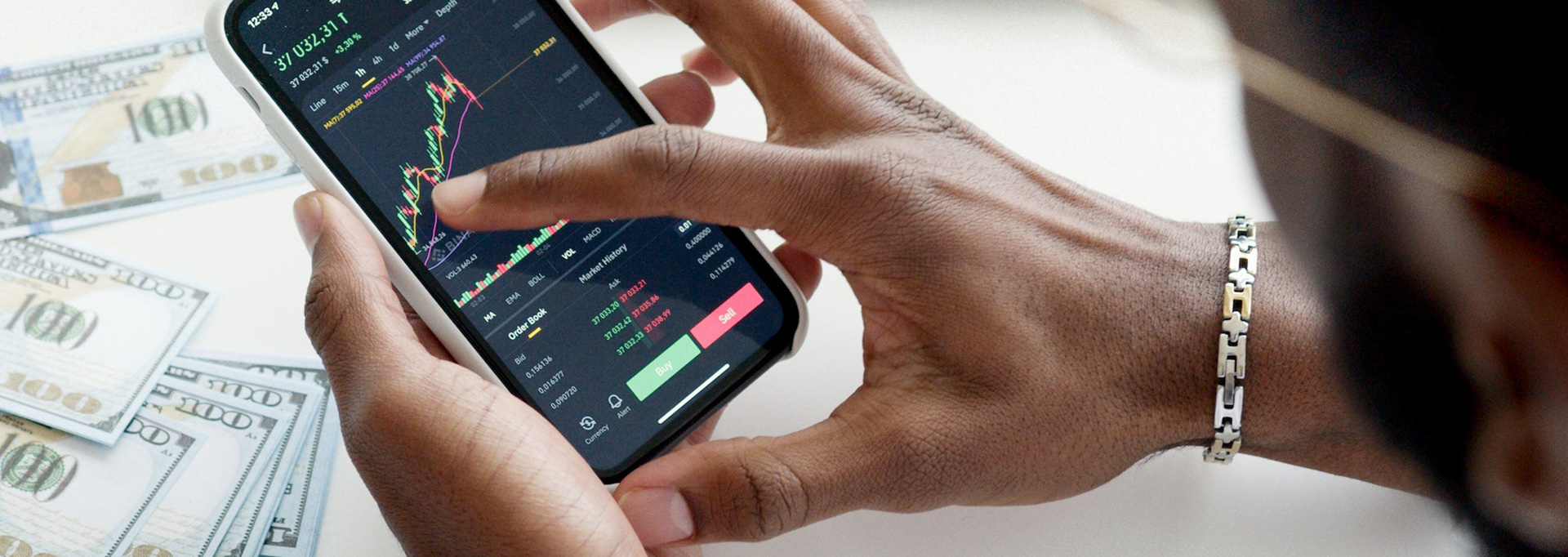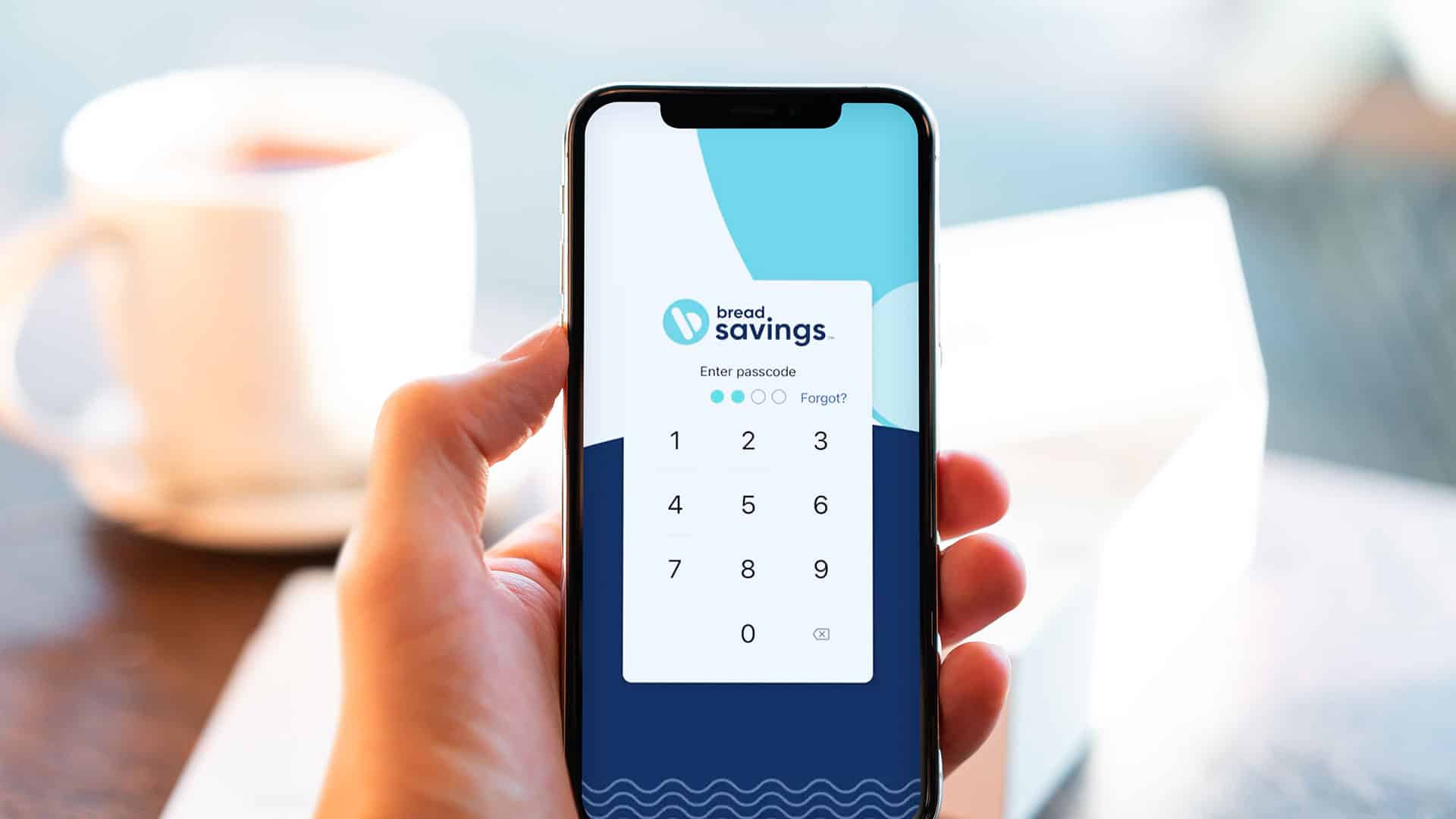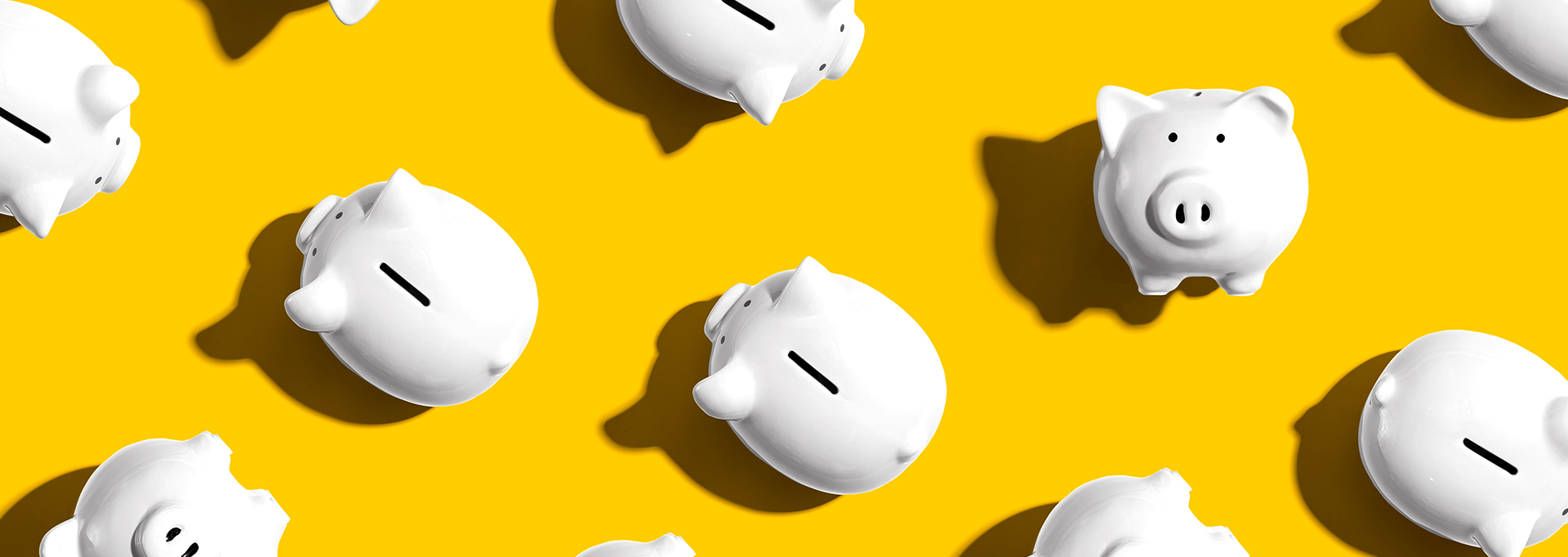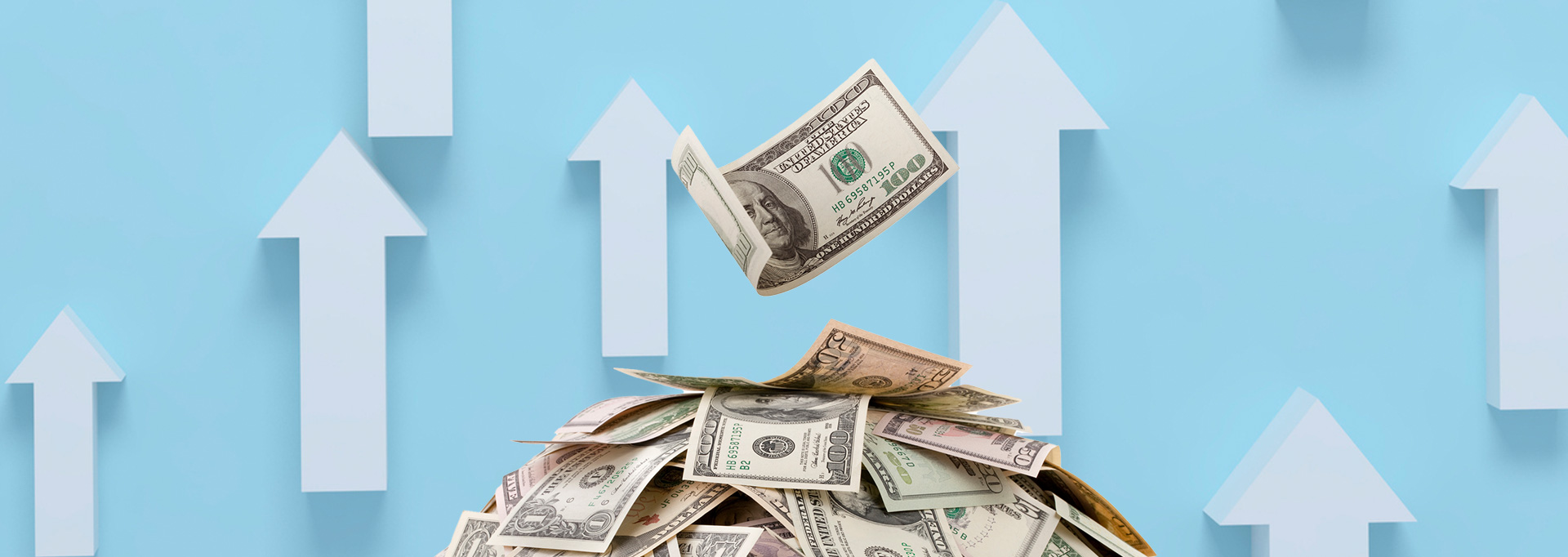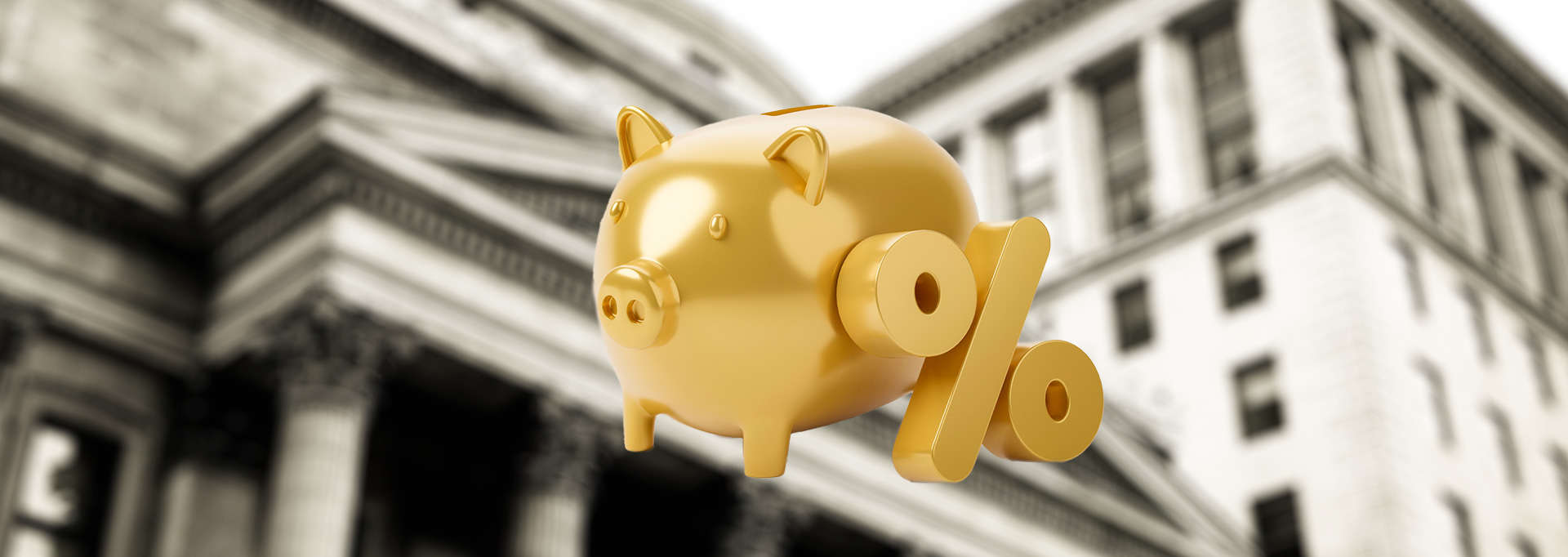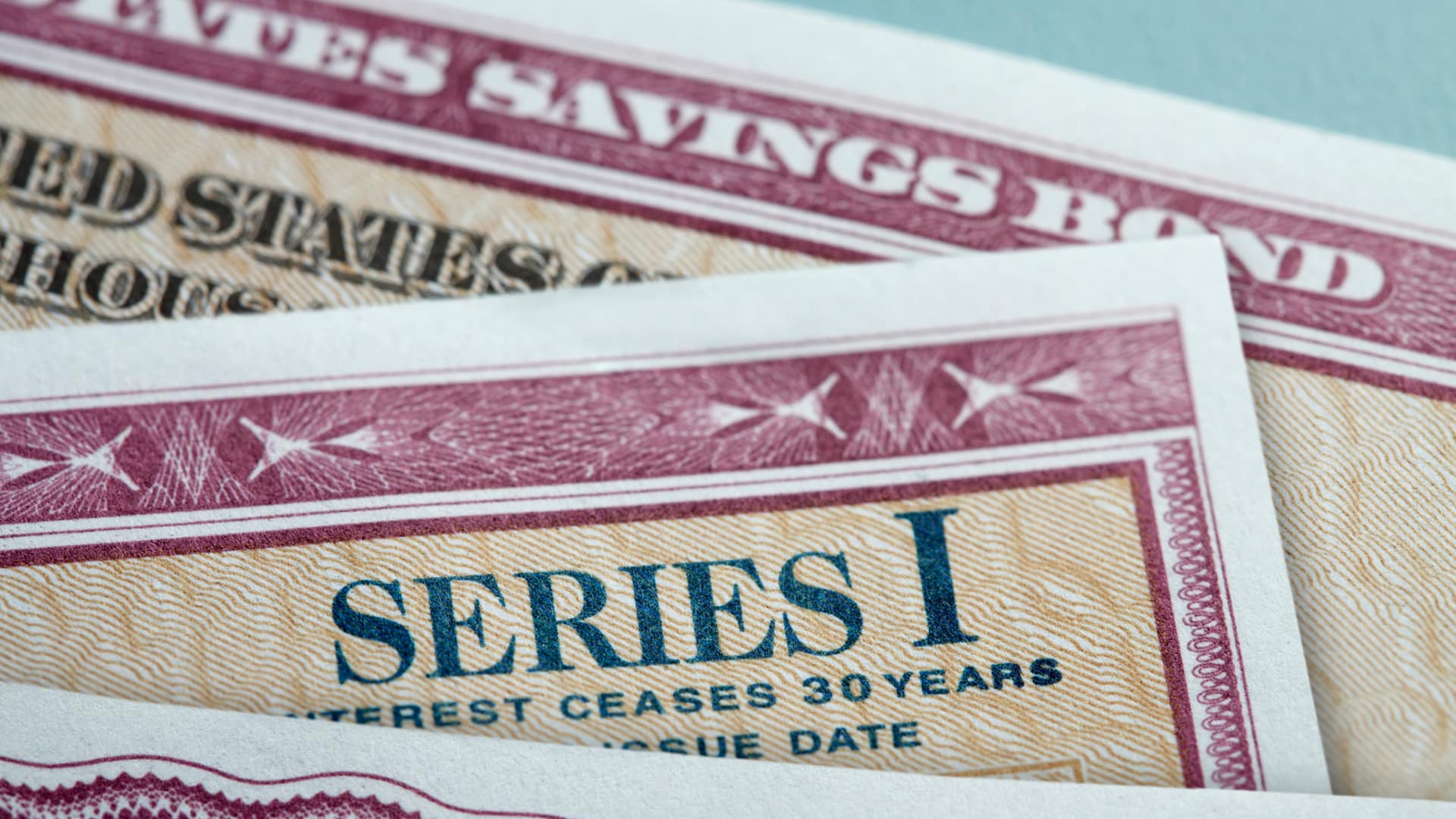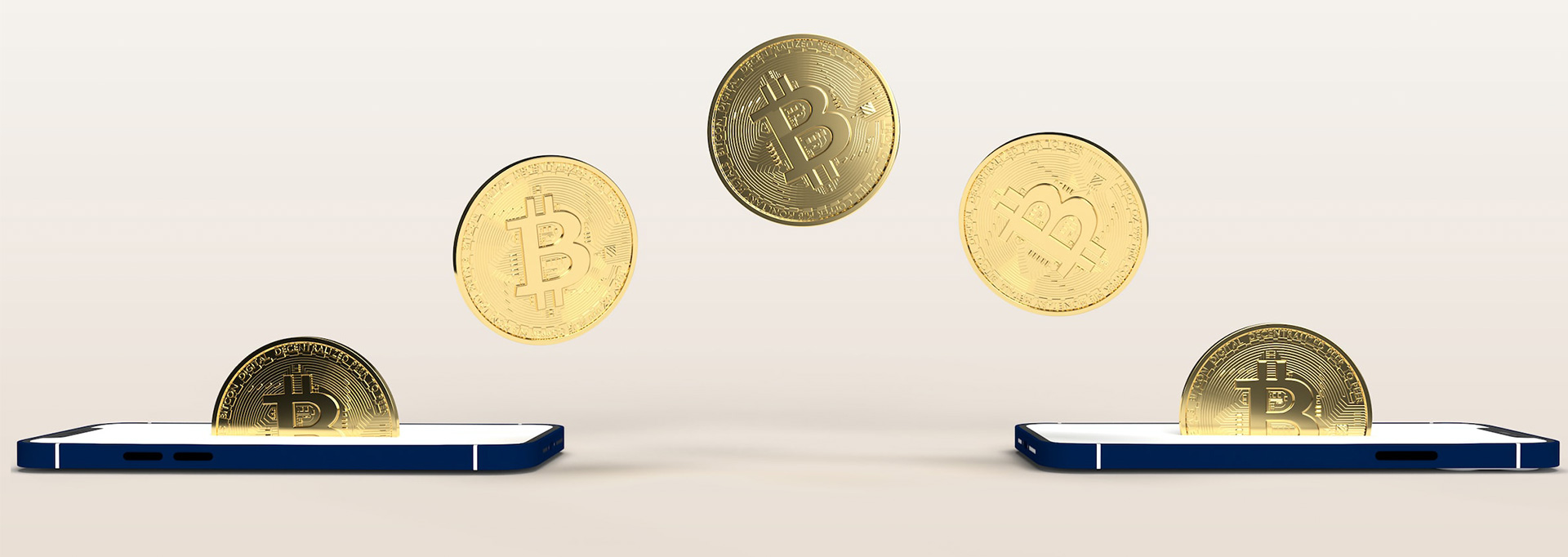Most products on this page are from partners who may compensate us. This may influence which products we write about and where and how they appear on the page. However, opinions expressed here are the author's alone, not those of any bank, credit card issuer, airline or hotel chain.
If the current economic situation has you concerned, you’re certainly not alone. Inflation woes, news about job layoffs in multiple industries and recent bank failures have all made for a stressful economic climate. While market uncertainty can have several consequences, a primary one at the forefront of many people’s minds is their money—and how to best protect it.
Investment losses may be inevitable as the market ebbs and flows, but there are certain moves you can make to protect your savings. Here are some ways to shield your money during an uncertain economic market and what you should know.
6 Ways to Keep Your Money Safe
Here are some actions you can take to help keep your money safe in 2024:
- Revisit your budget.
- Consider high-yield savings accounts.
- Compare certificates of deposit.
- Be mindful of FDIC and NCUA insurance.
- Stay the course for long-term goals.
- Consider low-risk assets if your time horizon is short.
1. Revisit Your Budget
Whether you’re concerned about potential layoffs or just looking to shore up your emergency fund, revisiting your budget is a good first step toward keeping your money safe.
Look at your discretionary expenses and see if you can afford to reduce your monthly spending in any categories. That may mean buying generic brands instead of name-brand groceries, or opting for cheaper travel plans. You may find there’s some money in your budget you can reallocate to boost your savings, providing you with some helpful assurance in an uncertain economy.
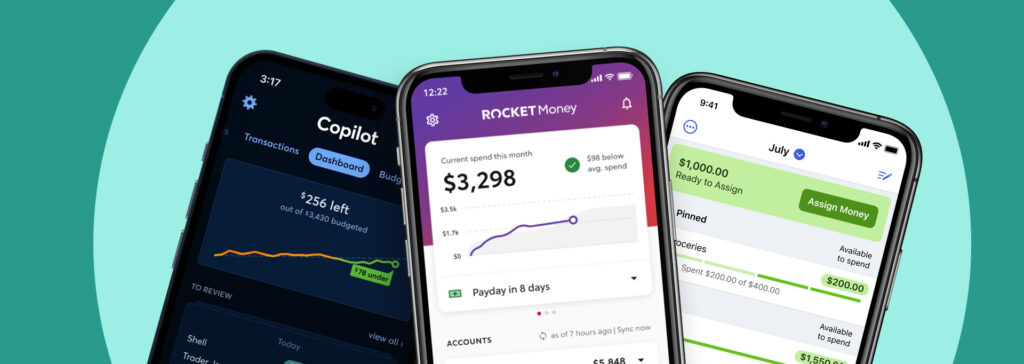 Related Article
Related Article
8 Best Alternatives to Mint’s Budgeting App
2. Consider a High-Yield Savings Account
High-yield savings accounts and certificates of deposit (CDs) can both be low-risk spots to set aside cash you don't need right away. Deposit accounts rates may not be rising like they did in the last year or two, so you'll want to consider your financial goals and timelines as you shop around for accounts.
Generally speaking, the APY on a savings account will fluctuate more than what you'll find with a CD, and that can impact how much interest you earn on your funds. If the Federal Reserve hikes interest rates, your savings APY might go up, but when those rates drop, your savings APY might follow suit.
To find the best high-yield savings account for your situation, look at rates, minimum balance requirements, fees and account features. Be mindful of fees, especially, as those could eat into your interest earnings. Check out our top picks for high-yield savings accounts to simplify the process of finding a new account.
Recommended High-Yield Savings Accounts
| Bank Account | APY | Features | Learn More |
|---|---|---|---|
|
|
5.30%
*Annual Percentage Yield (APY) is accurate as of 6/4/2024. Rate is subject to certain terms and conditions. You must deposit at least $5,000 to open your account and maintain $25 to earn the disclosed APY. Rate and APY may change at any time. Fees may reduce earnings. |
$5,000 min. deposit |
Open Account |
|
|
5.15%
UFB Direct breaks balances into five tiers, but, currently, there is only one interest rate. |
No minimum deposit |
Open Account |
|
Member FDIC |
0.50% - 4.60%
SoFi members with Direct Deposit or $5,000 or more in Qualifying Deposits during the 30-Day Evaluation Period can earn 4.60% annual percentage yield (APY) on savings balances (including Vaults) and 0.50% APY on checking balances. There is no minimum Direct Deposit amount required to qualify for the stated interest rate. Members without either Direct Deposit or Qualifying Deposits, during the 30-Day Evaluation Period will earn 1.20% APY on savings balances (including Vaults) and 0.50% APY on checking balances. Interest rates are variable and subject to change at any time. These rates are current as of 10/24/2023. There is no minimum balance requirement. Additional information can be found at http://www.sofi.com/legal/banking-rate-sheet. |
No minimum deposit |
Open Account |
|
|
5.00%
Earn 5.00% APY on balances over $5,000. Balances of less than $5,000 earn 0.25% APY. Annual Percentage Yield is accurate as of May 6, 2024. Interest rates for the Platinum Savings account are variable and subject to change at any time without notice. |
$100 minimum deposit |
Open Account |
3. Compare Certificates of Deposit
With a CD, you get to lock in a fixed APY for a set term. When interest rates are increasing, that can mean losing out on rising interest rates, but when rates are dropping, locking in a desirable APY can be beneficial. If you notice interest rates start to decline, you might want to lock in a good rate on a CD for a year or two, provided you won't need those funds until the CD term ends—if you withdraw that money early, you might get hit with a penalty fee.
If you want a little more flexibility, consider a no-penalty CD, which typically allows you to withdraw some or even all your funds without a fee, though they usually have a few stipulations to be aware of, like needing to leave your funds in the account for at least a week or keeping a minimum balance in the account.
Recommended CD Accounts
| Account | 1-Year APY | 3-Year APY | 5-Year APY | Learn More |
|---|---|---|---|---|
|
|
0.30%
Annual Percentage Yield is accurate as of April 2, 2024. Interest rates for CIT Bank's term CDs are variable and subject to change at any time without notice |
0.40%
Annual Percentage Yield is accurate as of April 2, 2024. Interest rates for CIT Bank's term CDs are variable and subject to change at any time without notice |
0.50%
Annual Percentage Yield is accurate as of April 2, 2024. Interest rates for CIT Bank's term CDs are variable and subject to change at any time without notice |
Open CD |
|
|
4.80% | 4.00% | 3.90% | Open CD |
|
|
5.00% | 4.15% | 4.00% | Open CD |
|
|
4.70% | 3.75% | 3.75% | Open CD |
|
|
4.50% | 4.40% | 4.30% | Learn More |
4. Be Mindful of FDIC and NCUA Insurance
Be aware of Federal Deposit Insurance Corporation (FDIC) and National Credit Union Administration (NCUA) insurance, whether you’re a super-saver or just trying to build a small nest egg. Most banks and credit unions in the U.S. carry this insurance, and it protects your deposit account balances of up to $250,000 in the event an institution fails.
If you’re planning to open a new high-yield savings account, review prospective institutions’ websites and determine if they provide deposit insurance. (You’ll likely see FDIC or NCUA information displayed in the page footer of each institution’s website.) If not, it’s wise to seek out an alternative.
Also take note of the amount of insurance offered, especially if you have a high account balance. If your balance is close to exceeding the max FDIC or NCUA insurance amount, consider moving some money into an account at a new bank or credit union. This way, your money will be fully insured should the unexpected ever occur.
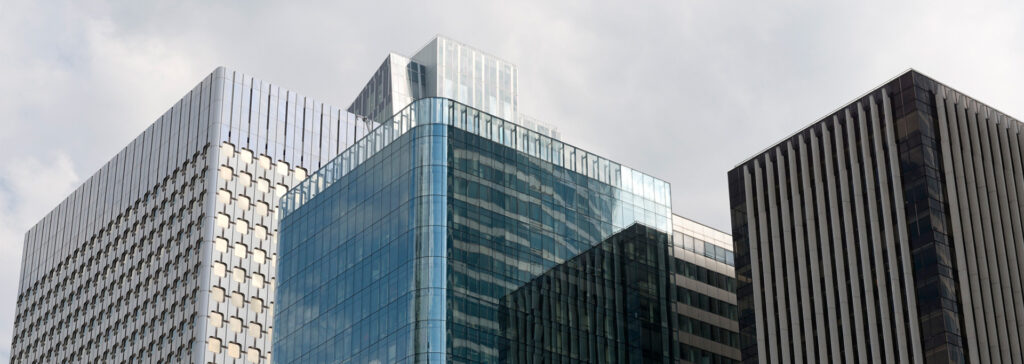 Related Article
Related Article
Here Are the Top 10 Safest U.S. Banks in 2024
5. Stay the Course for Long-Term Goals
There are few things worse than feeling powerless as your retirement savings tanks. It’s both discouraging and panic-inducing. But if you don’t plan to access your money for several years or even decades, sometimes it’s best to stay focused on your investment strategy and keep on working toward your long-term investment goals. It’s generally a smart choice to avoid pulling your money out of the market, even if it’s scary to see your portfolio declining.
If you’re concerned about your retirement savings, you may also want to speak with a fiduciary financial advisor on the best path forward. Unless a very high portion of your portfolio is invested in high-risk assets, they’re likely to tell you to stay the course (think: precious metals, ETRs, real estate and other alternative investments).
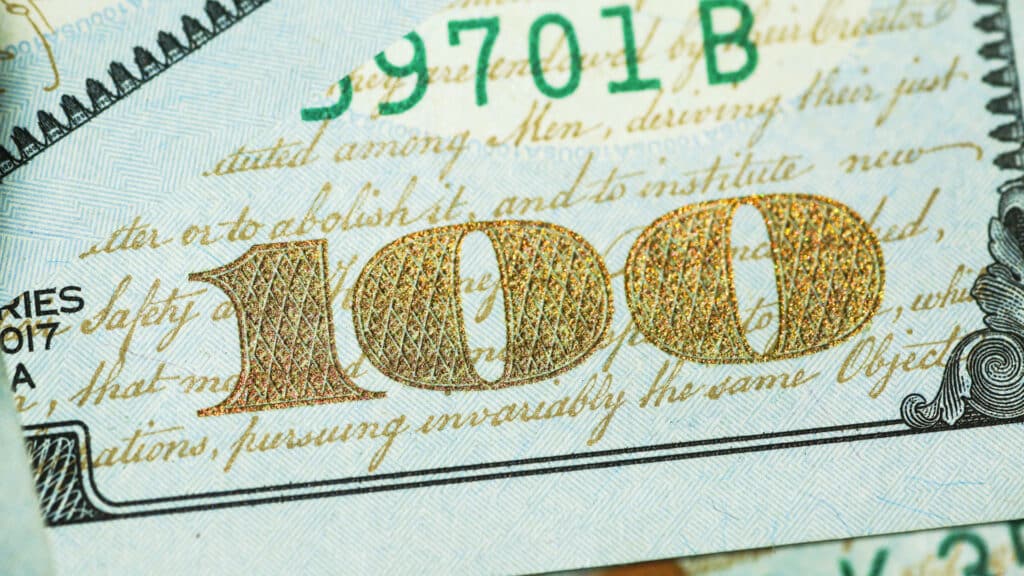
11 Ways to Invest $100 for Beginners (and Grow It to 6 Figures)
6. Consider Low-Risk Assets in the Short Term
If your time horizon is short, on the other hand, it may be wise to reallocate a portion of your investment portfolio into some lower-risk assets. Consider putting some of your money into bonds or bond funds, as these assets have performed well historically when stocks are down.
But it's worth noting that bonds can lose value when the Fed makes significant rate hikes, as happened last year. And though it’s impossible to predict future performance, experts are predicting that bond prices will stabilize a bit in 2024.
CDs and money market accounts are other fixed-income assets worth considering if you’d like to diversify your portfolio. Brokered CDs are another option, which can be purchased through brokerages, and they typically offer higher rates than bank CDs. These assets provide steady returns, which can offer some helpful peace of mind during a volatile market.
 Related Article
Related Article
This High-Yield Savings Account’s APY Rivals the Best One-Year CDs
Bottom Line
While you can’t control the economy’s ebbs and flows, you do have control over how you respond in a turbulent market. Make the time to revisit your budget, consider moving your money into high-yield savings accounts or CDs—depending on your needs and timeline—to earn a generous rate on your balance, and be mindful of FDIC and NCUA insurance limits. If your savings balance exceeds $250,000, it’s wise to spread your money across multiple bank accounts at different institutions.
From an investing standpoint, consider staying the course if you don’t plan to touch your money for many years. If you’re fairly risk averse or your time horizon is shorter, you may want to opt for lower-risk fixed-income assets like bonds or CDs as an alternative to riskier investments.
FAQs
-
In general, an insured deposit account at a traditional bank, credit union or online bank is one of the most secure places to put your cash. Most financial institutions are insured by the FDIC or NCUA for balances up to $250,000, so even if your bank goes under, your money should be safe.
-
A savings account is generally a smart choice for an emergency fund, as you can easily access your cash if you need to cover an unexpected cost. But if you have sufficient money in your emergency fund, you could consider putting some money into a CD account with a decent rate, padding your retirement savings or opening a taxable brokerage account.
-
If you have a savings balance that exceeds $250,000, it’s smart to distribute your money across multiple banks and accounts. That’s because the majority of banks and credit unions offer up to $250,000 in FDIC and NCUA insurance coverage. If you keep all your money in one place, the difference between $250,000 and your larger balance may not be recoverable if your financial institution fails.



